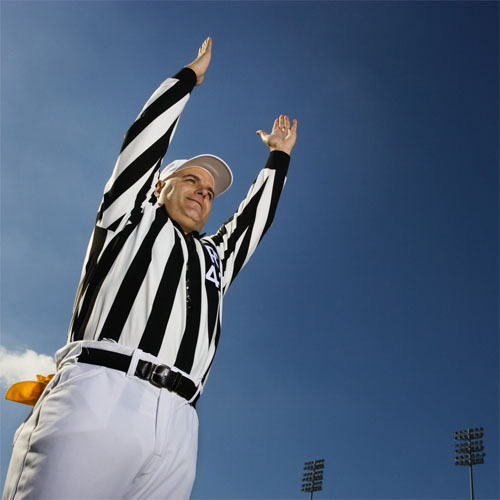Cheating death and fighting communism: that is how a fellow officer once described our job. It was meant to be funny, but as time went on it seemed all too true.
I spent more than ten years in law enforcement, all of it on the street in uniform patrol. I've been a patrol officer, instructor, sergeant and lieutenant.
Do not report crimes here. Nothing here should be considered legal advice. All opinions are my own.
There may be one somewhere. Where and what it says...well, I have no idea. Try using Google to find laws for your state/locality. You should be able to find something pretty quickly.
Identifying yourself as a police officer is a felony in most/all states. Saying you rode with a police officer breaks no laws that I am aware of. Contact an attorney if you are really concerned about this one.
What you describe is the crime of battery, an unlawful touching. Depending on the state you live in there may be enhancers or separate laws regarind the sexual nature of the battery.
You are clearly in a dangerous situation when someone is touching your breasts against your will, and you should take such reasonable actions to protect yourself.
It depends on the agency. Most departments will require you have at least some hearing in both ears, but this can be augmented by the use of a hearing aid in many places.
If there is a specific law enforcement agency you would like to work for, I suggest contacting a recruiter and discussing the specifics of your case with them.
Inner City English Teacher
 Are you pressured by administrators to pass kids that aren't ready yet?
Are you pressured by administrators to pass kids that aren't ready yet?
Football Official
 Were the replacement refs actually worse than the regular refs?
Were the replacement refs actually worse than the regular refs?
Obstetrician Gynecologist
 If a baby has health complications resulting from a difficult delivery, do you ever feel guilty?
If a baby has health complications resulting from a difficult delivery, do you ever feel guilty?
If you believe he is doing this, and that it is not part of an official investigation, you can file a complaint with his department or with the Utah Peace Officer Standards and Training council: http://publicsafety.utah.gov/post/inservice/decertify.html
Committing crimes like theft and DUI are serious, and will be seen as such by an employing agency. Your best bet is to be completely honest (any lies will get you immediately barred from employment.) A department will generally take into consideration the circumstances surrounding the crimes such as how long ago did it happen (were you a 13 year old when you stole from someone as opposed to having done it last week.)
Arrested Development fan, I assume? Funny show.
What kind of gun? A quick Google search shows 18+ for long guns and 21+ for handguns. Long guns that are scarey looking are still 18+, but require a purchase permit according to Wikipedia. I can only assume that non-scarey looking long guns do not require the same permit. You probably want to take a look at MN §624.7131 for more detailed information.
-OR-
 Login with Facebook
Login with Facebook (max 20 characters - letters, numbers, and underscores only. Note that your username is private, and you have the option to choose an alias when asking questions or hosting a Q&A.)
(A valid e-mail address is required. Your e-mail will not be shared with anyone.)
(min 5 characters)
By checking this box, you acknowledge that you have read and agree to Jobstr.com’s Terms and Privacy Policy.
-OR-
 Register with Facebook
Register with Facebook(Don't worry: you'll be able to choose an alias when asking questions or hosting a Q&A.)